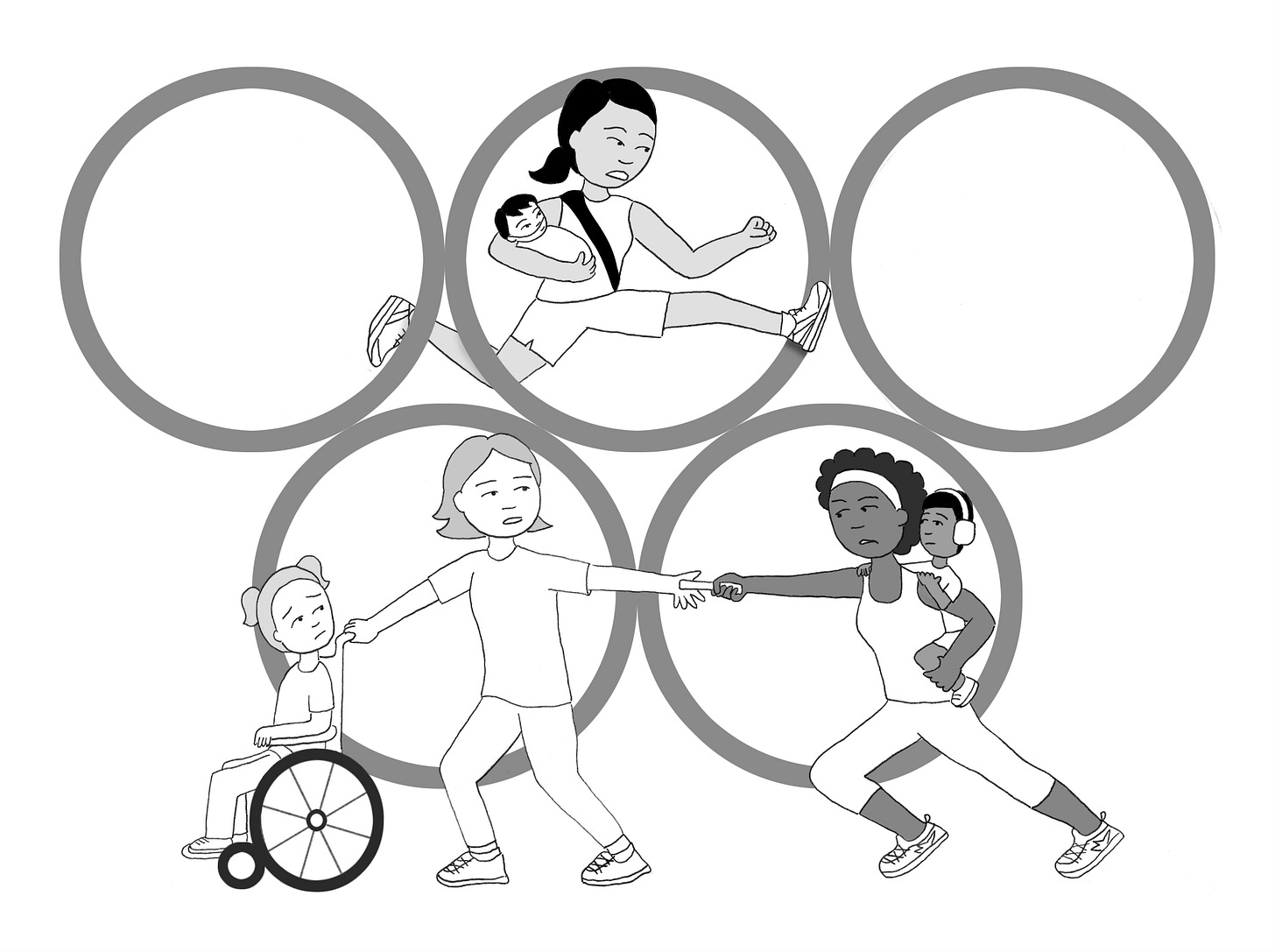Enter to win the Medical Motherhood Games!
Plus: How a young girl saved disability funding in Arizona; a look at how federal cuts might affect special education; and a disabled student may win her Supreme Court case after all
It is time once again for the Medical Motherhood Games! This is our second annual contest celebrating those little victories in our lives.
What are you going to submit? The Midnight Pharmacy Dash? The Health Insurance Decathlon? We had many creative entries in last year’s games! You can also read that edition for more inspiration:
If you are ready to su…




